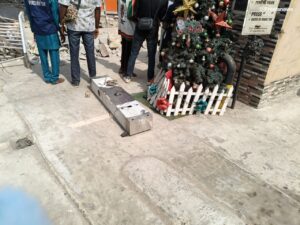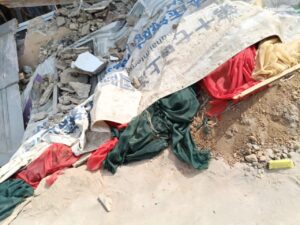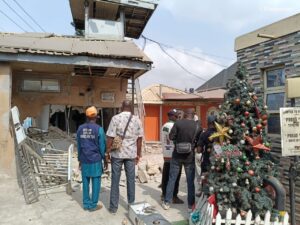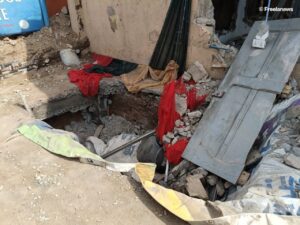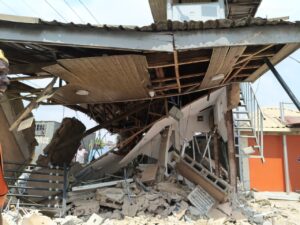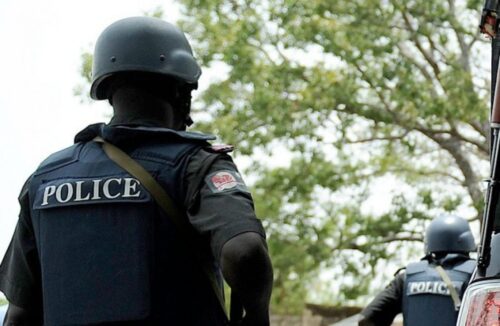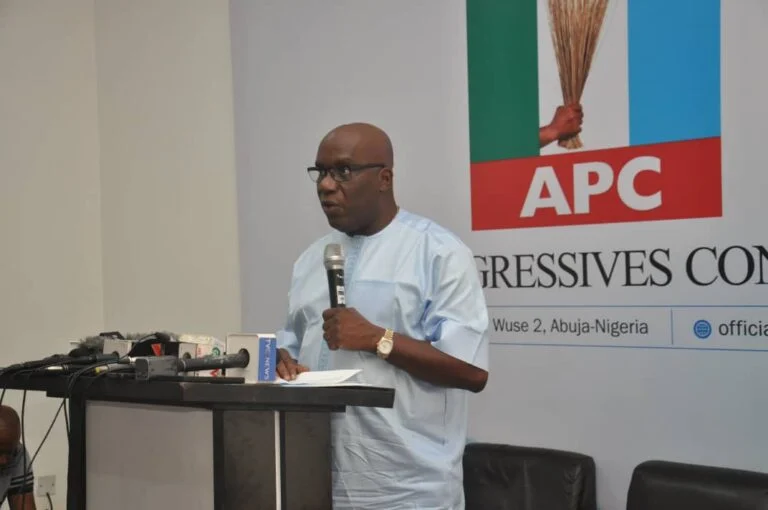Foremost Telecoms giant, MTN Nigeria has lost 1.09 million subscribers in the month of February while other providers gained new subscribers.
In January, the four mobile network operators had a total of 174,012,136 active users, which reduced by 0.2 per cent to 173,670,035 as of the end of February.
Further analysis of the data indicated that Globacom gained 400,879 new subscribers; Airtel added 4,559 new users to its network; and 9mobile’s subscribers increased by 345,264.
According to NCC data, MTN remains the largest mobile network provider in the country by number of subscribers, owning 37.83 per cent market share, it is followed by Globacom with 6.54 per cent market share.
Airtel is the third largest with 25.95 per cent market share and 9mobile holds 9.65 per cent market share.
Meanwhile, the number of Internet users on mobile devices increased by 850,153 in February 2019, with MTN adding the highest number of subscribers of about 607,462.
A breakdown of the data showed that Globacom and 9mobile lost 114,268 and 74,031 Internet users, respectively. Airtel on the other hand added 430,990 new Internet users to its network.
The Executive Vice-Chairman, NCC, Prof Umar Danbatta, recently said the growth in data subscribers was an indication of the increasing demand for reliable connectivity to drive socio-economic activities.
“As the economy of Nigeria continues to look up and with pressures from global financial markets, and its position as a major commercial centre in the West African Region, the demand for reliable and modern telecommunications infrastructure is enormous. Telecommunications act as an enabler to drive socio-economic growth, developments and modernisation across all sectors of the economy,” the EVC said.
However, he noted that the lack of infrastructure as a result of multiple taxation and regulations was increasing the cost of deployment and affordability of the broadband services in the country.
As such, Danbatta said the commission was exploring the inherent opportunities in the use of High Altitude Platform Stations technologies.
He described HAPS as a viable cost-effective way to extend broadband network coverage by leveraging unmanned solar planes flying at high altitude and covering large areas.
The NCC boss said, “Current efforts at infrastructure build-out may be improving the services of those already served but not reaching those who are still unserved or underserved. This is due to difficult terrain which makes it technically challenging and economically unfeasible to deploy the terrestrial infrastructure necessary to deploy 5G, such as fibre and microwave backhaul technologies in suburban, rural and hard to reach areas.
“HAPS can be used to complement the ongoing rollout of fibre optic infrastructure to bridge the current connectivity gap and supplement broadband in underserved areas. HAPS can help support broadband availability and in turn, boost the country’s economy by ensuring increased connectivity across all business sectors.”

 BIG STORY3 days ago
BIG STORY3 days ago
 BIG STORY4 days ago
BIG STORY4 days ago
 BIG STORY4 days ago
BIG STORY4 days ago
 BIG STORY4 days ago
BIG STORY4 days ago
 BIG STORY2 days ago
BIG STORY2 days ago
 BIG STORY3 days ago
BIG STORY3 days ago
 BIG STORY3 days ago
BIG STORY3 days ago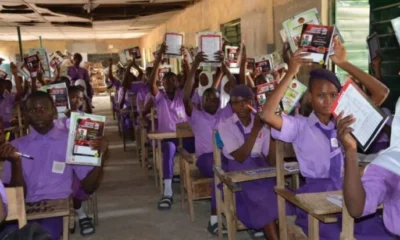
 BIG STORY4 days ago
BIG STORY4 days ago





















